Lecture Series: A History of Western Music – Classical Period
In this new lecture series of “History of Western Music”, Dennis Wu took a deep dive into a frequently studied area of music with colossal textbooks that sometimes caused panic among the learned and the public. Combining systematic approach with easy-to-digest presentation, this series aims at handling concepts that affected how we understand music with relative ease. To begin, we unpack one of the most hard-to-define, yet also a best-loved era — the time when Haydn, Mozart and Beethoven reigned, and the era epitomised as what the wider world now knows as “classical music”.
(Conducted in Cantonese)
Lecture 1: What is “classical style" (9/2)
While the “period” is usually confined to the latter half of 18th century, the stylistic traits that we now identify as “classical” emerged way earlier than we confined the era. This introductory lecture begins with a simple survey of what we understand now as “classical”, and continues with a quick review of the different traits, styles and social contexts that precede the era.
Lecture 2: The rise of symphony (16/2)
This lecture begins with a hunt on the origin of symphony. While “symphony” starts with a different name, it becomes the most definitive genre of the era and the most influential that all future composers are to conquer. Here we trace the development of the genre that becomes the synonym of orchestral, and perhaps, classical music. The course will study early symphony composers like Stamitz and JC Bach, and culminates in the works of Haydn.
Lecture 3: Sonata, piano and sonata form (23/2)
As an invention, piano belongs squarely to the classical era. It brought new sound, new techniques, new possibilities and nurtured new genres. However, the piano should not be understood as the only revolutionary device. Sonata, being omnipresent in the entire 18th century, is a good starting point to understand the plurality of styles, the evolution of the keyboard family, the conceptualisation of form that fascinated the era of knowledge and science, and the musical structure that would dominate the history of music with sonata’s namesake. This lecture will take an in-depth look of works by Mozart and Beethoven.
Lecture 4: Music for the chamber (2/3)
While symphony began in the European court of wealthy patrons of arts, chamber music shared the same origin with similar utility of music and different purpose and outlook. Although it engaged a smaller number of people involved in music-making, depended heavily on available resources and was abled to personalise according to the master’s taste, chamber music, interestingly, took the same path of symphony, formalised into genres that would be influential into the decades. While Haydn will take a centrestage in this lecture, it also brings us to a brief coda to reckon that instrumental music, for the first time in music history, is more important than the voice.
Lecture 5: Courts and musical centres (9/3)
We often hear, particularly so in the 18th century music history, the term “court music”. In this lecture, we begin with a survey of several important music European musical centres that, under their courts and patrons, became way more resourceful than others in music patronage and identified as musical centres in the 18th century. Beginning with the cases that we have studied on Esterházy and Mannheim, we travel to Vienna and end with the cities that drifted from supporting music with court money to the ones with middle-class pocket like London. Here we trace how classical music becomes not solely for the royal rich, but for the common people.
Lecture 6: Opera (16/3)
Having dominated the musical life of all European countries for two centuries, opera was at a crossroad. Laden with tradition and national fervour, this gigantic form of entertainment was having a hard time transforming into something that would still be enjoyed by a large public, commanding full spotlight, yet conforming to the era’s artistic ideals. The result, after some heated debates, was an interesting union of music and drama under Wolfgang Amadeus Mozart, that paved the way for the future to exploit.
Lecture 7: Concerto and the rise of solo-performer (23/3)
After a long existence, concerto evolved from highlighting a group of soloist-like performers to spotlighting a virtuoso. This expansion of ego was not purely fuelled by the performer’s personal greed of dominating the stage, but by a larger public greed of demanding talents from above that could be witnessed by the very eyes of commoners. As a result, concerto became a unique eyewitness of the era which saw transformation of musicians from unknown servants of music to tabloid celebrity and virtuoso.
Lecture 8: Coda: Ludwig van Beethoven (30/3)
“Is Beethoven a classical or romantic composer?” No other time has a person that begs a question as problematic as Beethoven: on one hand, he extended the ideals of the Enlightenment, further strengthening the idea of classicism with colossal mights; on the other, he freed imaginations from the head, bringing new possibilities and chaos and hinting a future generation of creativity with freedom from the custody of tradition. The series concludes with a study of “what makes classical music ‘classic’ ”, and a view of how we should stay curious in front of many facets, many difficult terms and many artificial boundaries of music history.
Information provided by the speaker.
Each lecture will run for about 1 hour 30 minutes. Lecture handout available at the speaker's website (www.denniswu.com) after each lecture.
The programme does not represent the views of the Leisure and Cultural Services Department. The presenter reserves the right to change the programme and substitute speaker.
19:30
19:30
19:30
19:30
19:30
19:30
19:30
19:30
